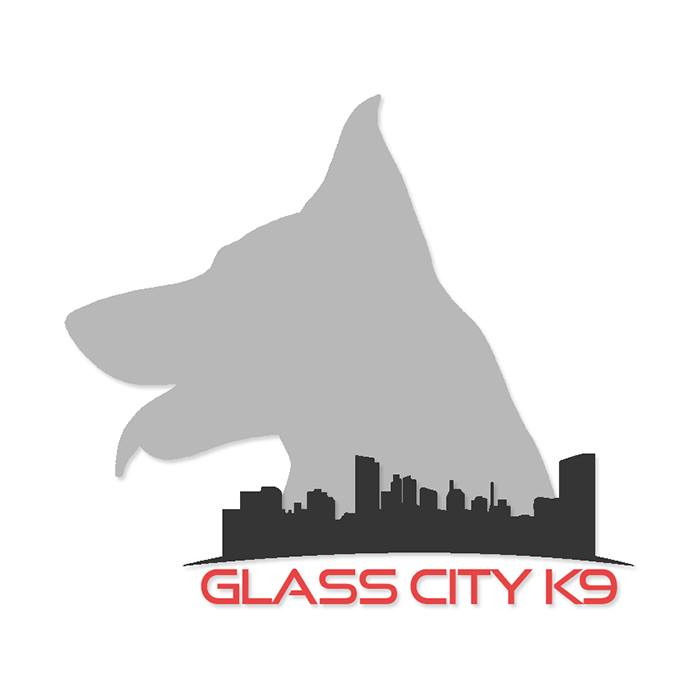Behavior Modification is a common topic in the dog training world. It could mean the dog has fear issues, aggression issues, separation anxiety, or many other symptoms. No matter what the symptom is, 99.99% is created by the dog’s environment. Dogs are products of the environment they live in and they are creatures of habit. In some rare instances, there are dogs that are wired in a certain way at birth. But for the most part that isn’t the case.
Socialization at an early age is extremely important
Dogs learn about the world around them and how to interact with their family, two-legged and four-legged alike. Almost all dog behavior problems that dog trainers deal with on a daily basis are created when the dogs are puppies. This is because people give dogs too much freedom, too little structure, too much praise, not enough praise, etc. So to correct the unwanted behavior you have to initially approach the dog in a way that simply breaks the habit. Then try to create new habits that better fit the family they live with so both the dog and the rest of the family can live together mentally and physically happy.
That all starts with obedience to put the dog in a better state of mind and understand how to follow their family’s lead. The dog has to trust that the family won’t put it in a bad spot. And trust when asked to sit or lay down around something it is fearful of or showing aggression towards that the family has its best interests in mind. And that it’s the best thing to do in that situation for everyone. Versus the dog responding the way it wants, which could be aggressive, fearful, or just overly excitable. That’s why it’s important that what could be considered Aggressive Dog Training be treated as part of a comprehensive Obedience Training program.
The 1% of Dogs and Dog Behavior
Some dogs are just born a certain way, they are just wired differently. A dog trainer has to be able to recognize this fact before thinking about training techniques. So, their habits and environment don’t have an effect on why they have these behavior issues. These dogs can’t be fixed and learn to enjoy time with people, dogs, other animals, etc that they were previously afraid of, aggressive towards, or just plain don’t like. This situation takes a slightly different approach. We have to teach the dog that instead of fixing habits that it has gotten accustomed to, we need to teach the dog to ignore said distraction. They won’t ever be ok with certain things because they were just born a certain way and we can’t change genetics. Again though, obedience fixes this as well.
The Training Constants Under Both Situations
All dogs respond to two things the same: structure and leadership. This applies to any dog, regardless of age, breed, or temperament. Our very, unique approach to training any dog is a combination of attention, structure, and better leadership. We can guarantee 100% lifetime results with the proper expectations from the client.
We start by teaching the dog to ignore the type of distractions that are causing the problems. Then we can see if we have a dog that is a product of its environment (best case scenario, and most common). Or if we have a dog that is wired differently and we have to fight genetics. In either case, we will improve the quality of life for any dog and family. And, of course, positive reinforcement for “good behavior” is a must. That’s why we say we can train ANY dog, ANY age, ANY breed, ANY problem.
Behavior Modification Training Video
The video above shows one of our doggie students, Star. She is a three-year-old Pitbull. Her owners brought her to us because she showed very, aggressive behavior toward people. She was an example of a dog that is a product of her environment, not genetics.
We put her in our three-week Board and Train. One of our trainers, Sarah, worked with Star and within one week, Star made some great progress and was able to eventually accept people.
These are the type of results that we are able to achieve by establishing good communication with a dog right from the start. Find out more about our dog training programs and then contact us to schedule a free Training Evaluation.
